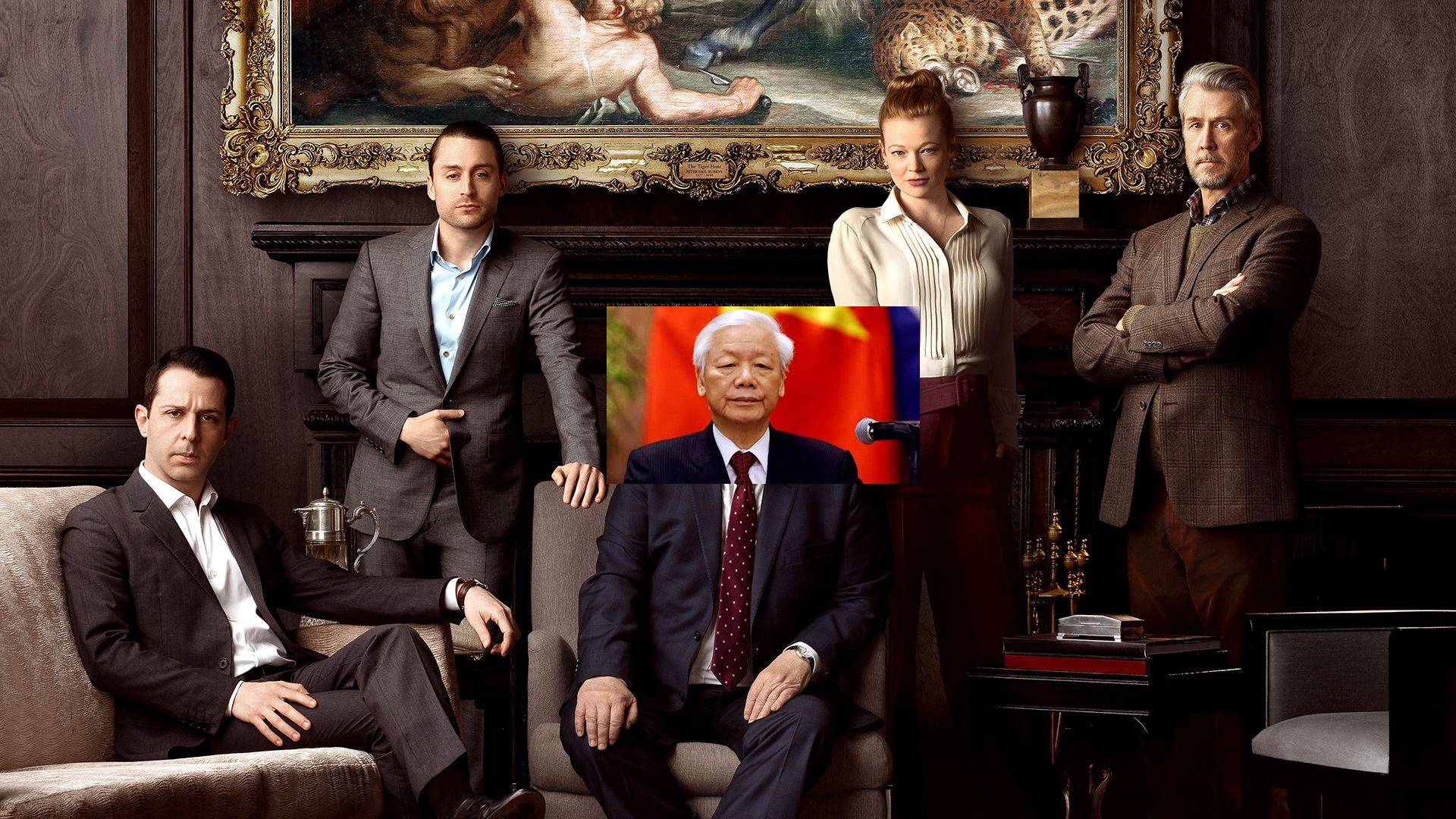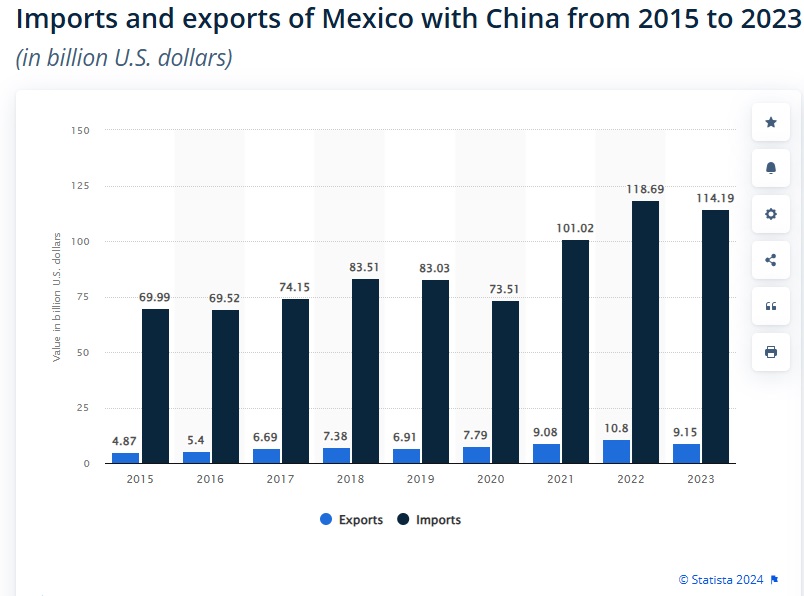Today’s choices often have large ramifications down the road as I’m sure you know and seen illustrated in recent weeks. In the late 1960s, our Dad taught at the University of Delaware. During that era you will not be surprised to learn that a few of his students protested the Vietnam War. You might be surprised, given the political inclinations of universities nowadays, that the University of Delaware took umbrage at these students and decided to expel them. Our Dad, though not necessarily against the war, was decidedly for free speech and defended these students. He was not yet tenured and so the University threw him out too. Now unemployed with two young kids he was able to find a job at a university in Washington state. So the whole family, including yours truly, moved cross country. This led to our attending the first Seattle Mariners game ever in 1977 in the old gray concrete Kingdome. We’ve been a fan ever since, of the baseball team not the ugly stadium.
Given the history and the state of the team–a wretched, tormented, tortured one, a franchise that has never been to the World Series, that for years never went to the playoffs and finally after a few bites went another 21 before getting another taste, a franchise with owners so cheap and incompetent that this season the team is setting records in offensive futility–you should not be surprised that we often question our fandom. And think if it had not been for the Vietnam War we could be a content, well adjusted, happy-go-lucky soul, perhaps not living in Delaware but certainly not ever becoming a Seattle Mariners’ fan. In other words, Lyndon B. Johnson can go to hell for his choices…and we go unironically to Vietnam to discuss its leadership transition, to troubled Bangladesh to examine its ongoing freedom battles, and to China to marvel at its leadership’s knack at annoying countries around the world. It’s this week’s International Need to Know, the Timothee Chalomet of international information, the Bob Dylan of global data.
Without further ado, here’s what you need to know.
Vietnam Enters The Arena
In our book about China, we also briefly talked about Vietnam, calling it one of the six most important countries in the world. Vietnam’s economy, like China’s previously, has grown rapidly. It is about to cross the $5000 GDP per capita line, at which point many countries, such as Taiwan and South Korea, start to liberalize politically. Unfortunately, China has provided a model to grow economically but maintain an authoritarian one-party state. Will Vietnam, we asked in our book, follow the China model or the South Korea/Taiwan path? Last week, Vietnam’s General Secretary Nguyễn Phú Trọng died. Vietnam is now in the midst of figuring out succession, with To Lam, named interim. Lam made his bones in public security, which is perhaps worrisome. Truong in recent years has conducted a Xi Jinping-light corruption crackdown. According to Fulcrum, “Since 2016, over 139,000 party members have been disciplined, including 40 members of the CPV Central Committee and 50 generals in the military and police forces.” Mostly military personnel have joined the Politburo in the last few years, relegating economic experts to lower positions. So it’s easy to be pessimistic and assume Vietnam will tread the China authoritarian path. But historically, moments of succession are also moments of opportunity for liberalization. We will watch events even more closely than usual in Vietnam, to where we’ll be traveling in September.
And What’s Going On In Bangladesh
If it feels like there is a great battle taking place between authoritarianism and liberalism that’s because there is, all over the world. It’s an ongoing one, including in Bangladesh, where protests and shootings by the government have been lost in the torrent of American political news. We are no expert on Bangladesh but student protests began in response to a quota system reserving a large percentage of government jobs for family of veterans who fought in Bangladesh’s 1971 war of independence. Prime Minister Sheikh Hasina, who won a fourth term in a January election boycotted by the opposition and which Human Rights Watch notes occurred in the midst of activists being arrested, ordered the military out to quell the protests. Said military promptly killed, according to credible reports, nearly 150 protesters and injured thousands more. The Bangladesh government, not wanting such news to reach the world and in an attempt to prevent more protests from being organized, turned off the Internet. Bangladesh’s Supreme Court earlier this week overruled the job quotas. Student protest leaders are now protesting the violent actions of the government itself. And the worldwide battle rolls on.
China Corner: Mexico Joins The Complaints
We noted last month that many countries are growing restless about China’s incessant drive to export. Mexico’s Finance Minister Rogelio Ramírez de la O* is the latest to express such thoughts. Mexico News Daily reports that the Finance Minister said Mexico needs to review its trade relationship with China because it is “not reciprocal.” The article quotes the Finance Minister saying, “we buy US $119 billion [worth of products] per year from China and we sell $11 billion [worth of goods] to China. China sells to us but doesn’t buy from us and that’s not reciprocal trade.” Mexico recently imposed tariffs on a swathe of Chinese goods. Ramirez, who will continue on as finance minister under the newly elected government, might be setting the stage for further trade action against China. The article also notes that Mexico’s former Ambassador to China Jorge Guajardo believes “’ideally,’ Mexico, the United States and Canada would all “mirror each other’s tariffs” on Chinese products.” The communique of China’s recently completed Third Plenum seems to indicate that China will double down on supporting its exports as a way to grow its economy. But it’s possible more and more importers will make that plan untenable.
*Henceforth we ask that you refer to us as “de la K. Thank you for your cooperation”




